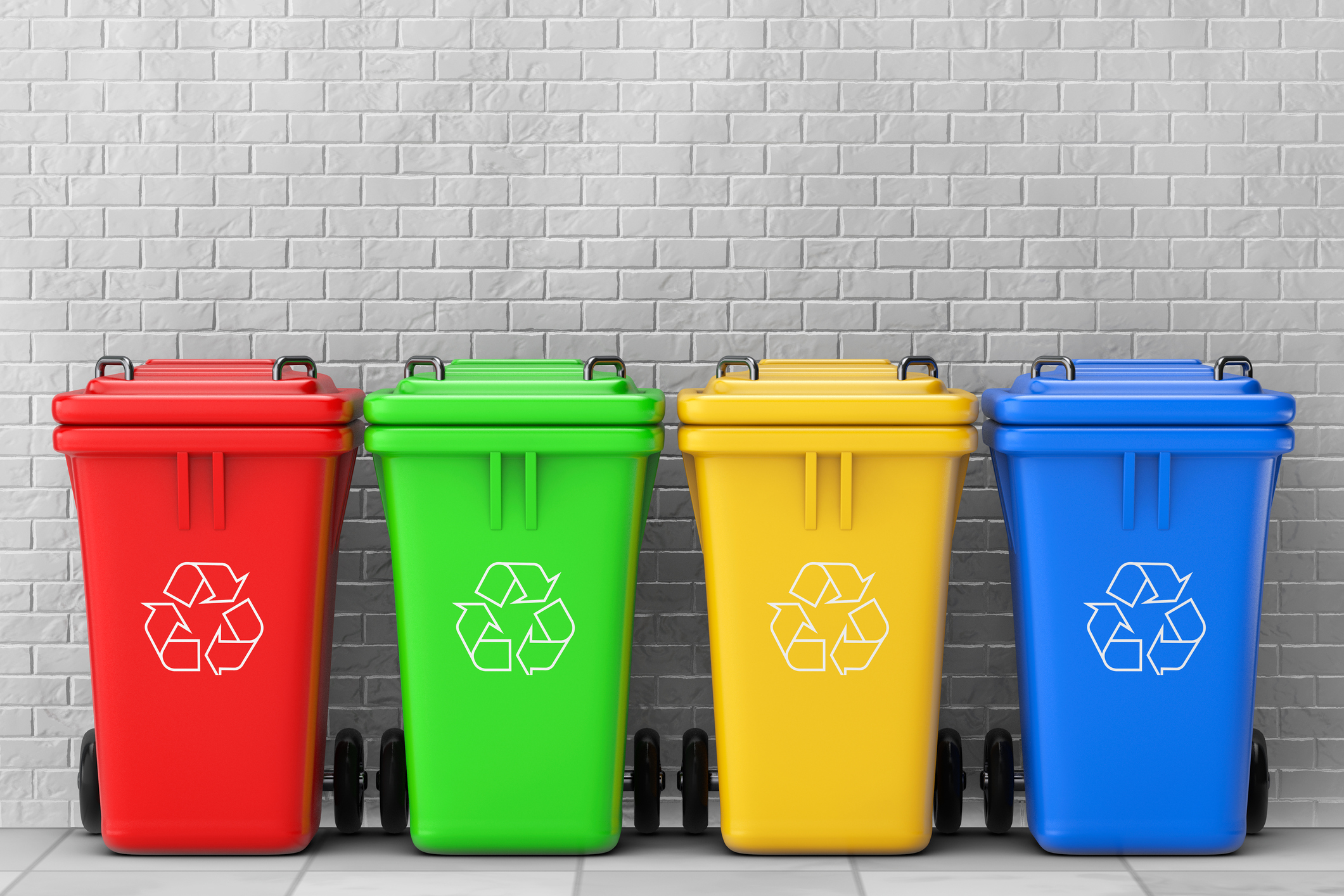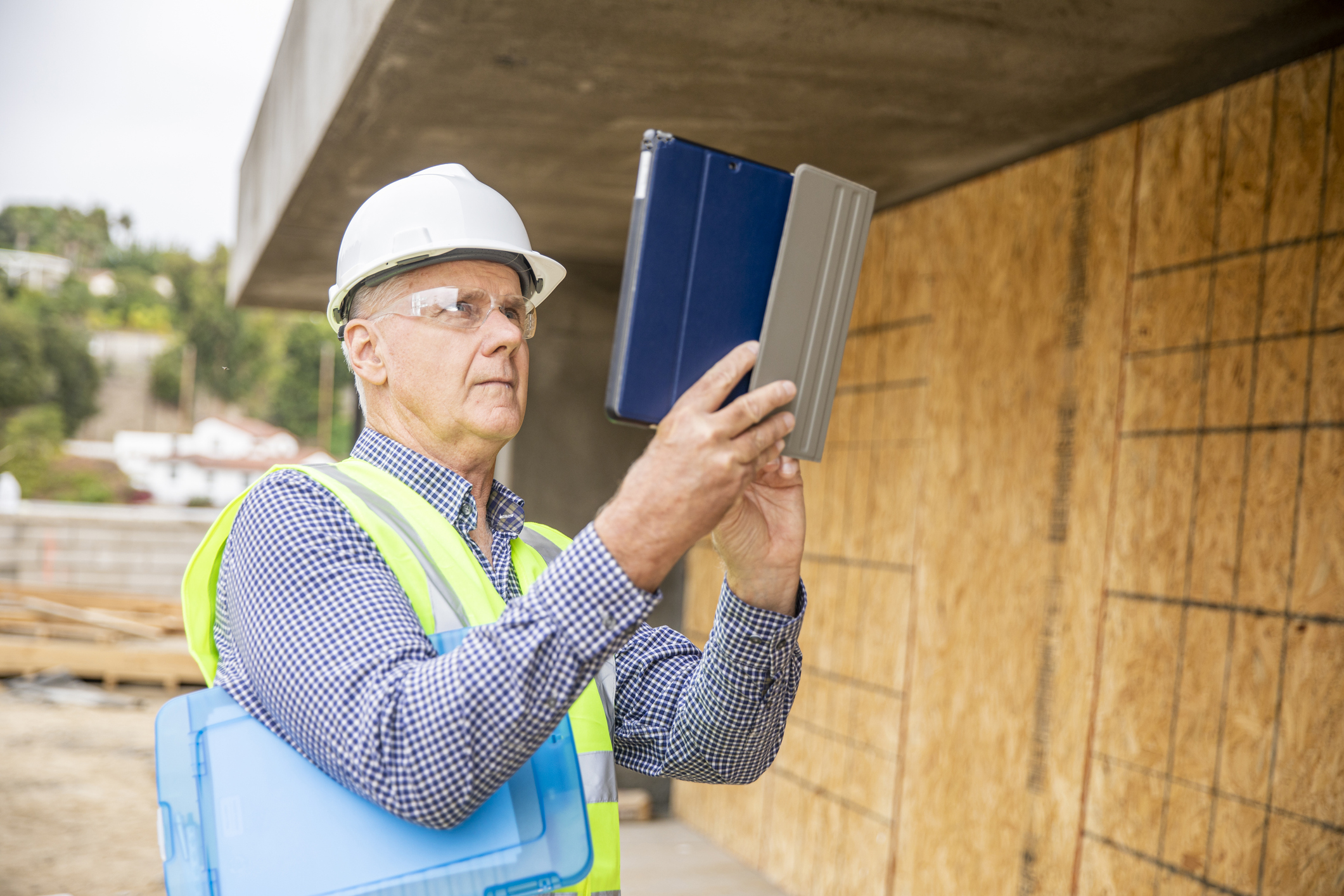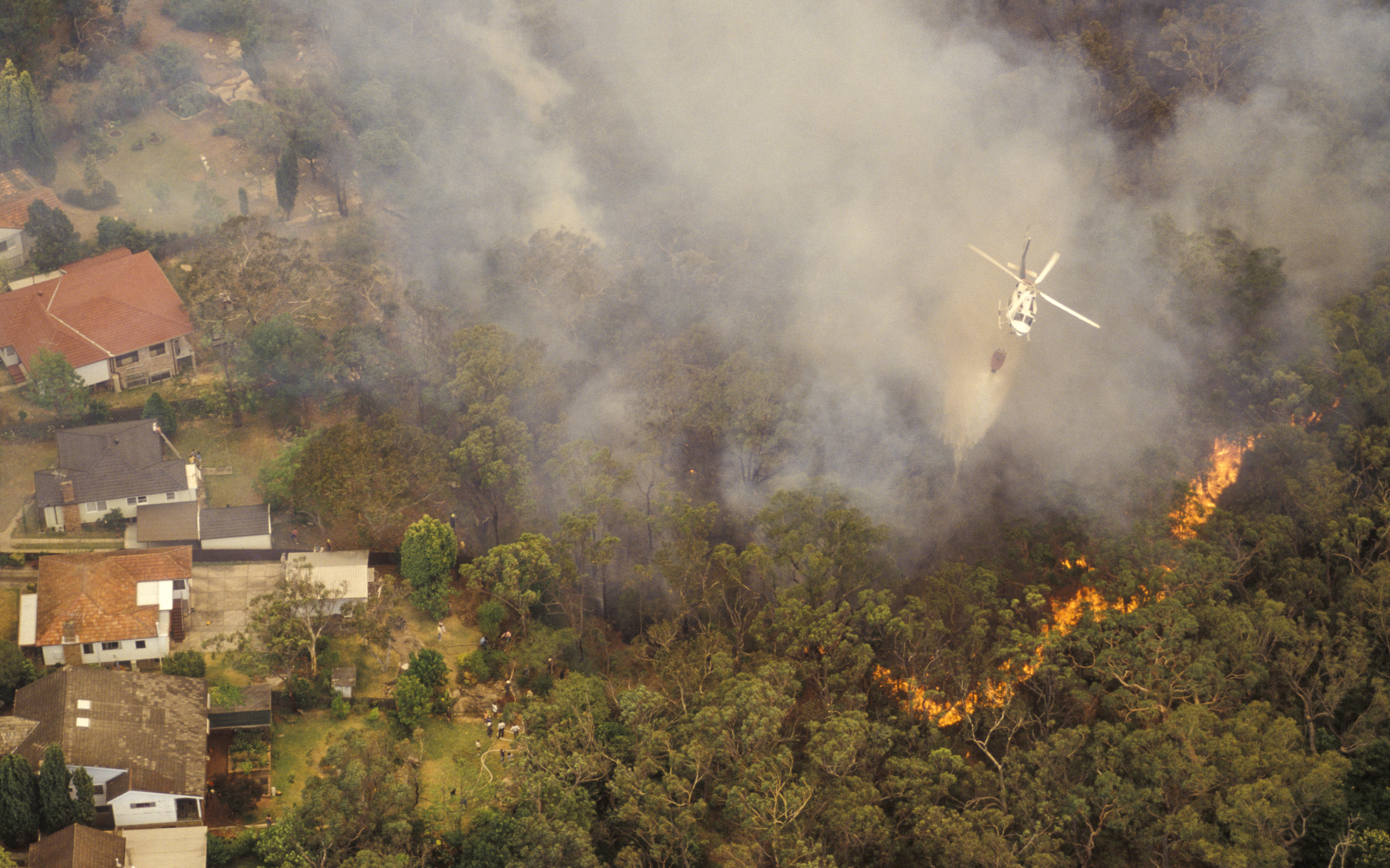Cleaning qualifications: Do they need a tidy up?
In the past, many cleaners learnt their skills through informal on-the-job training. Increasingly, however, the industry is taking advantage of the benefits of nationally recognised training. Enrolments in Certificate II, III and IV cleaning qualifications have increased by more than a third since 2015, a trend that is expected to continue.
Nationally recognised qualifications support career development, attract government funding, and assure clients and employers that workers meet national standards for safety and efficiency.
In coming years, the cleaning industry will be making greater use of digital technology and robotics. Cleaners will need knowledge of green technologies, materials and practices, of the impact of mould and other biotoxins, of infection control, and of disaster cleaning.
The Property Services IRC is exploring whether cleaning qualifications still meet industry needs. To find out more, see our project page.







